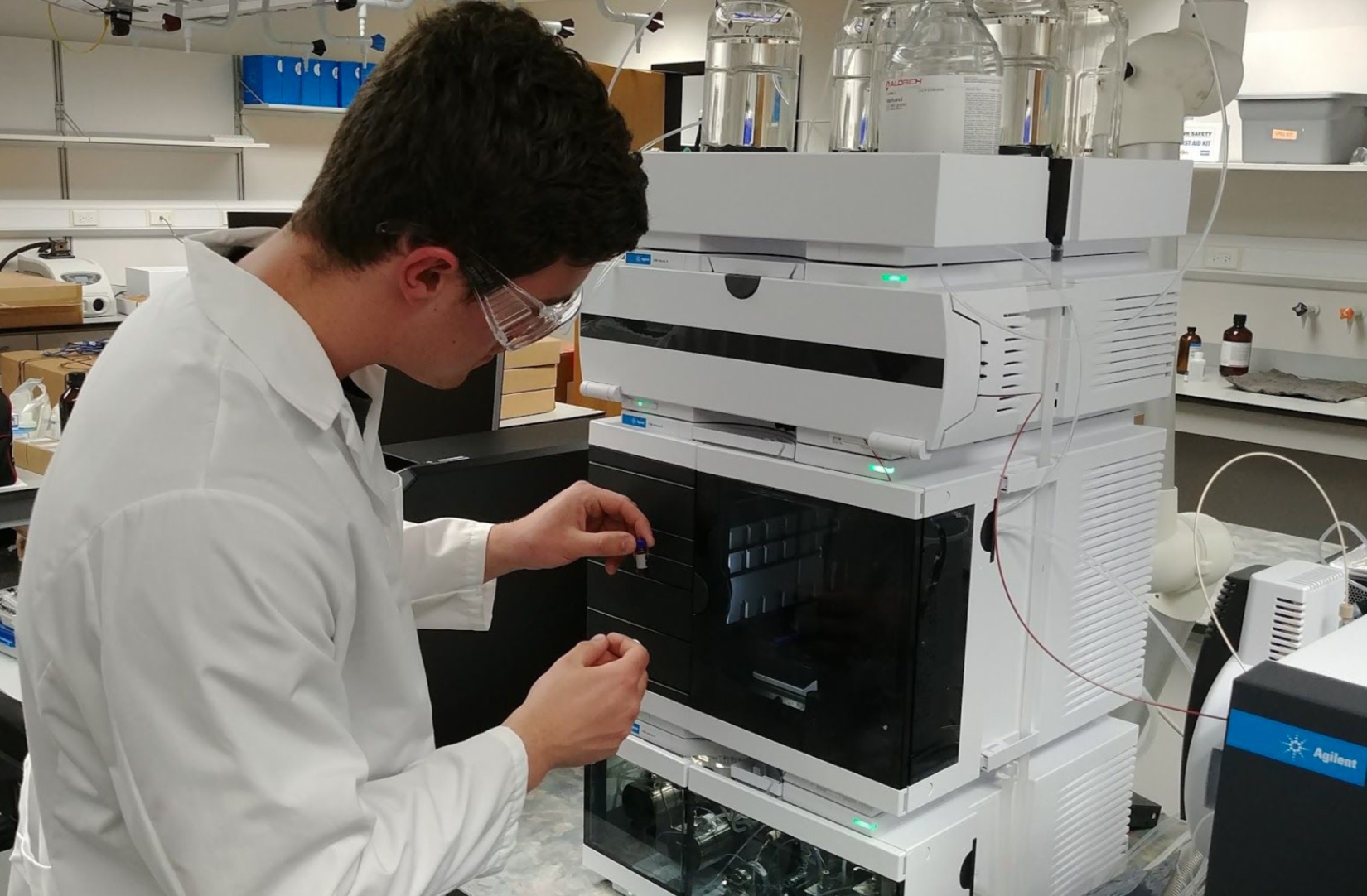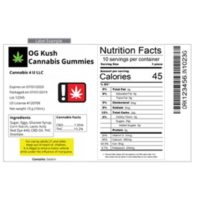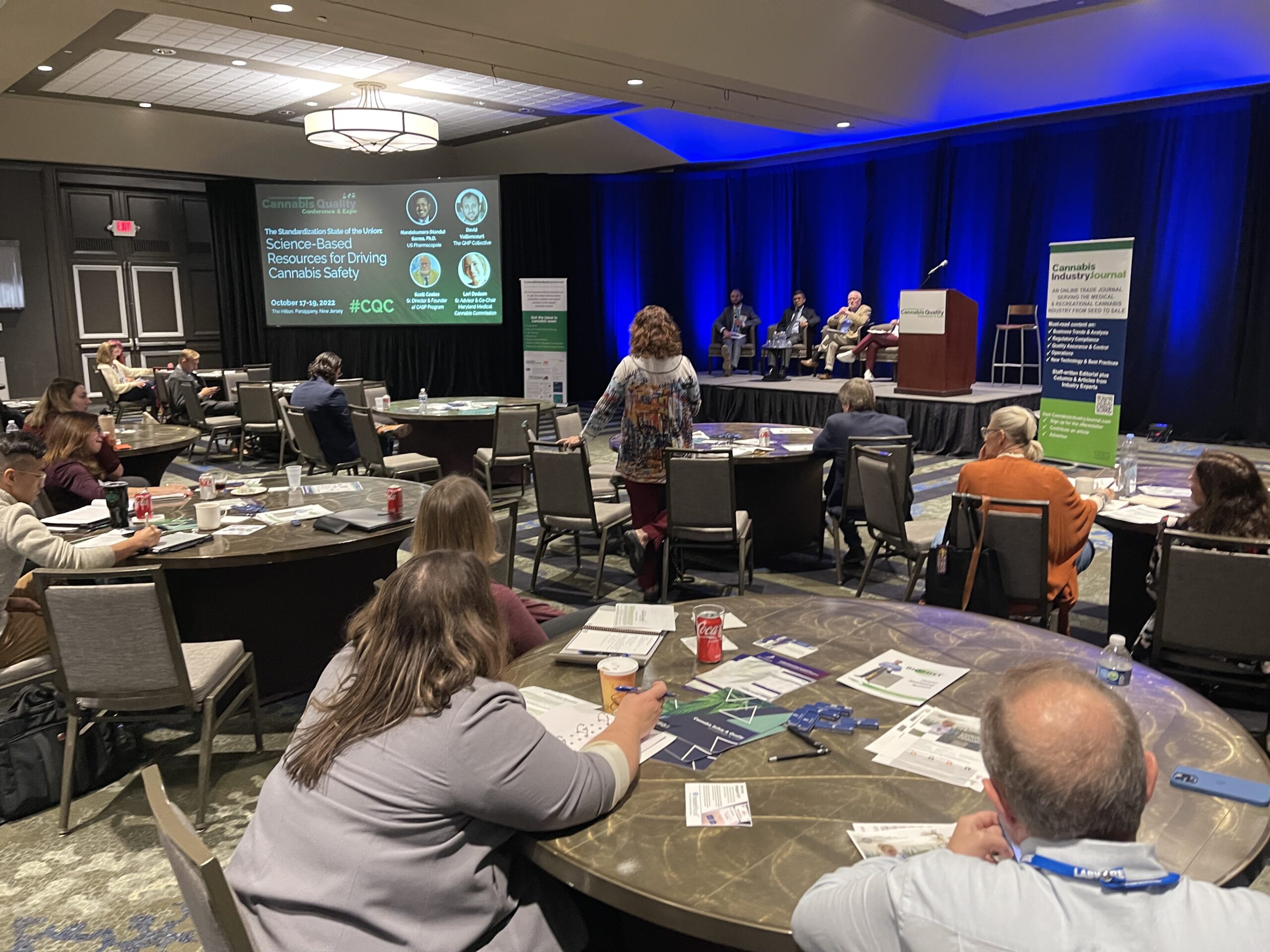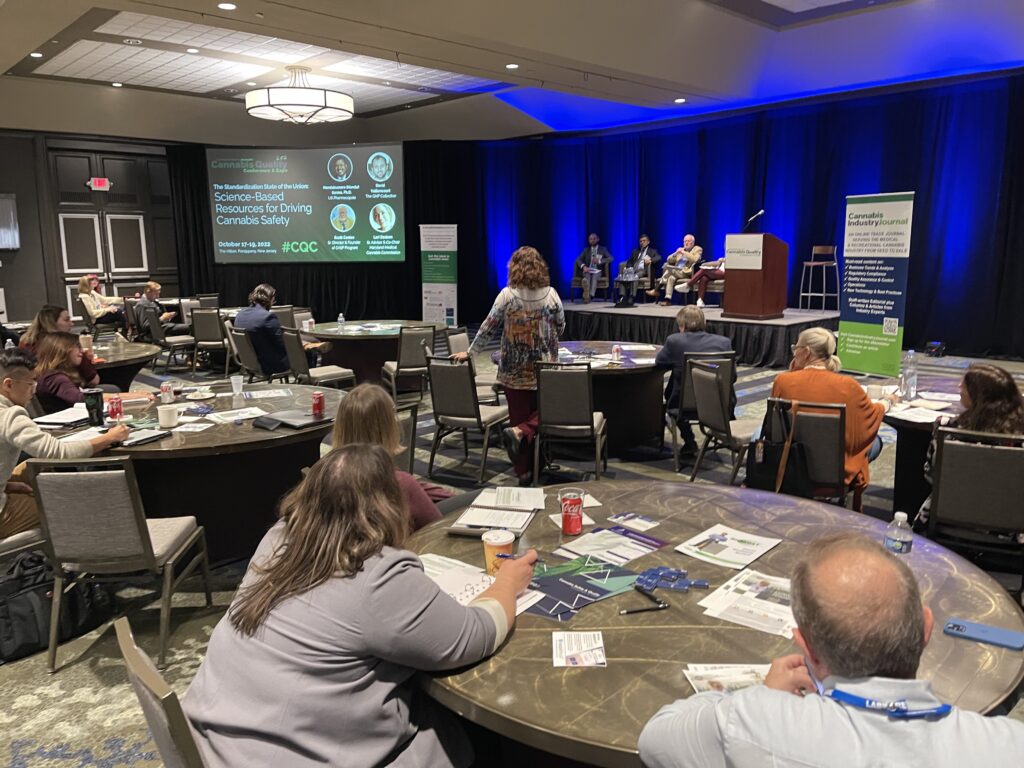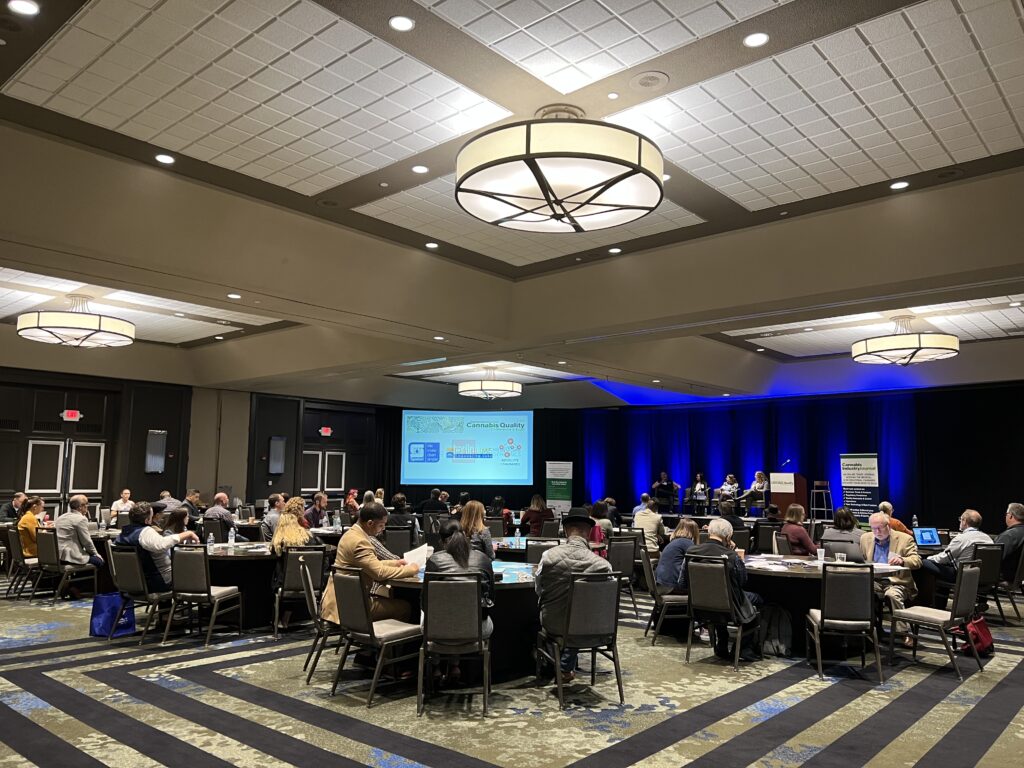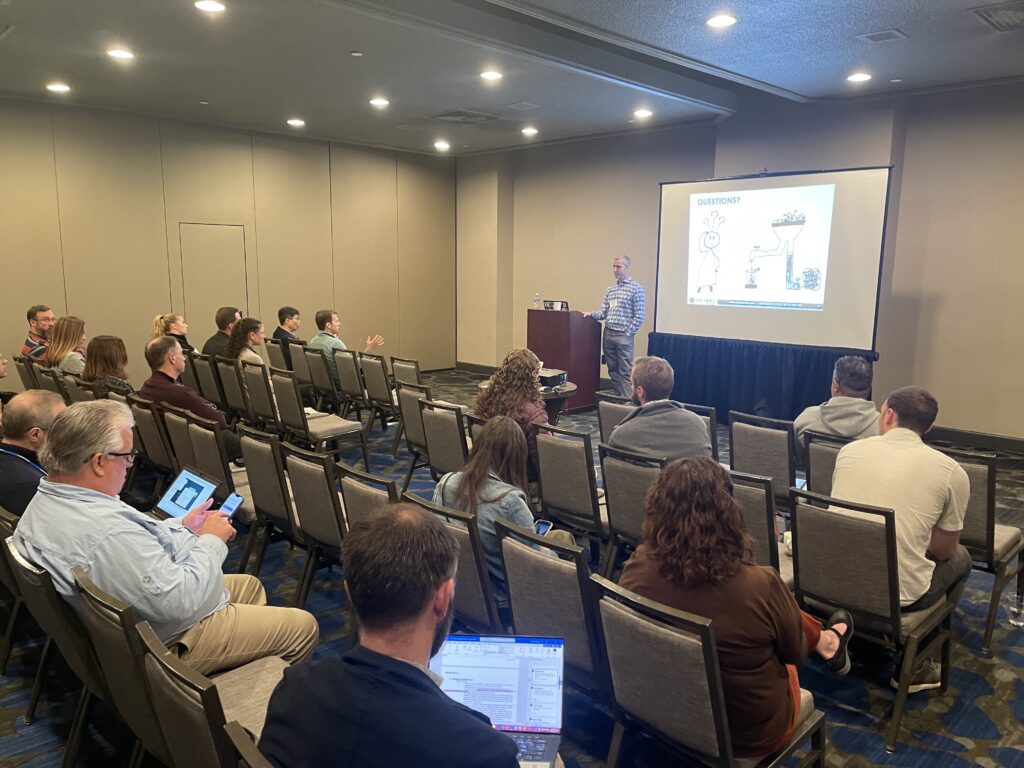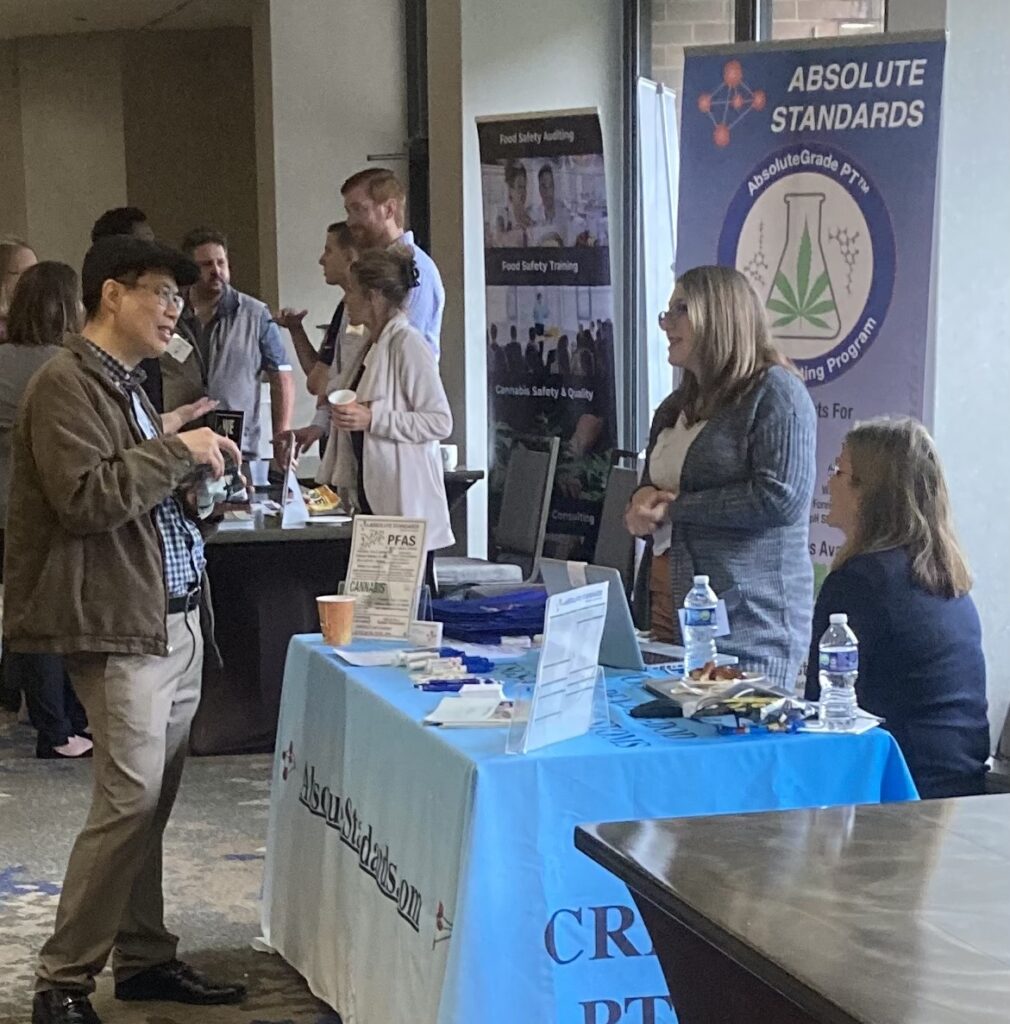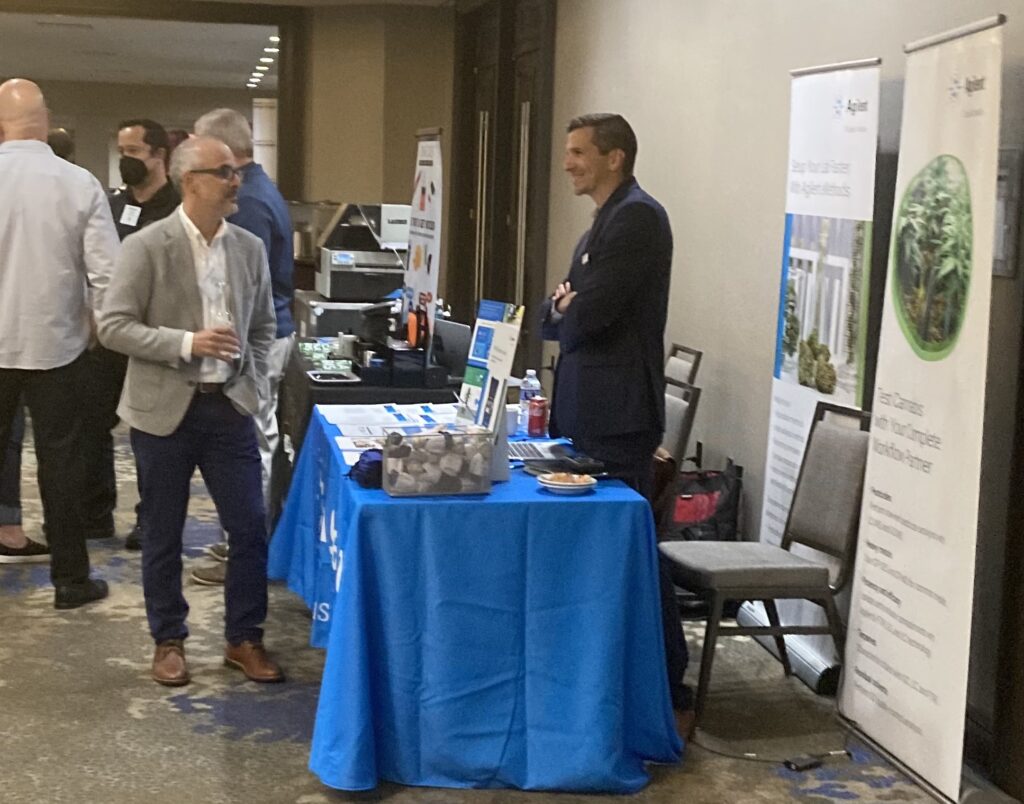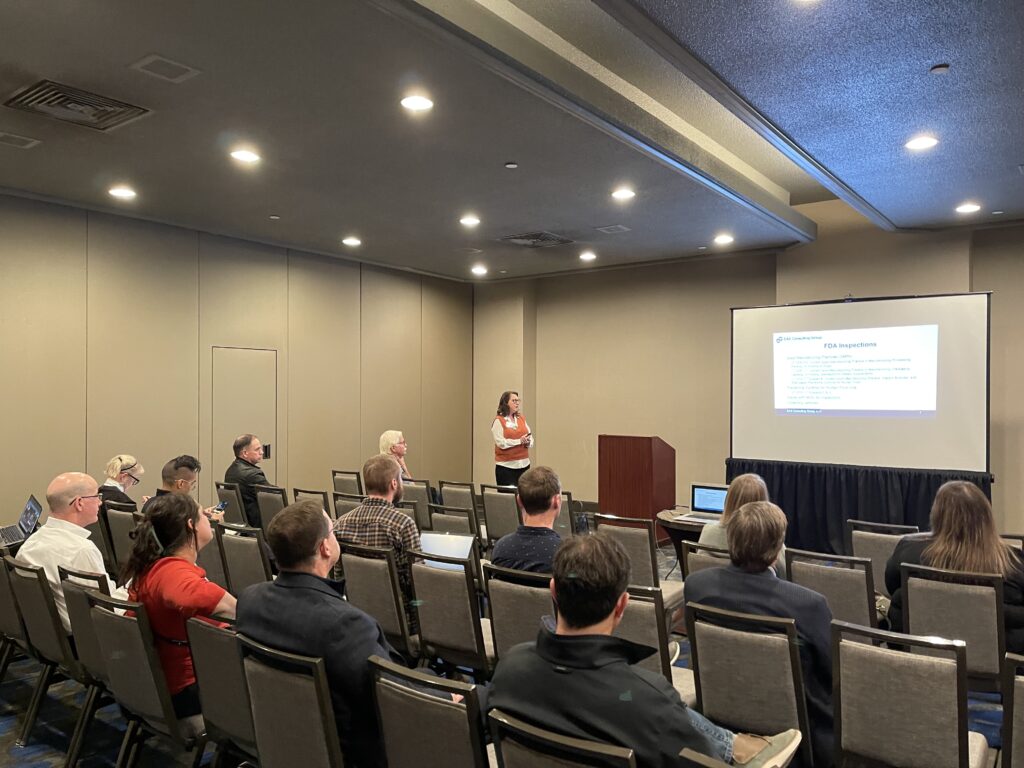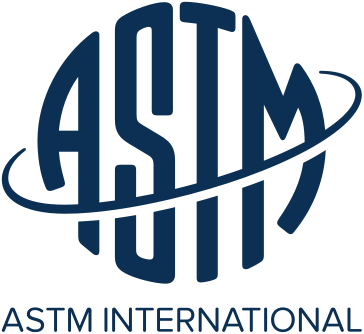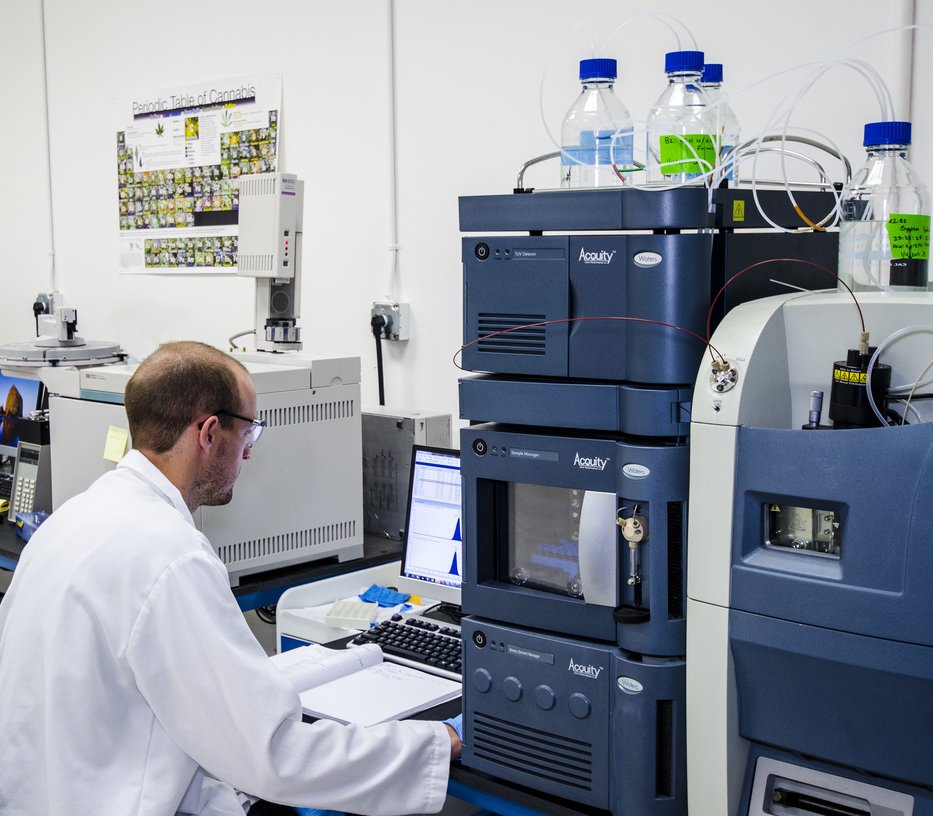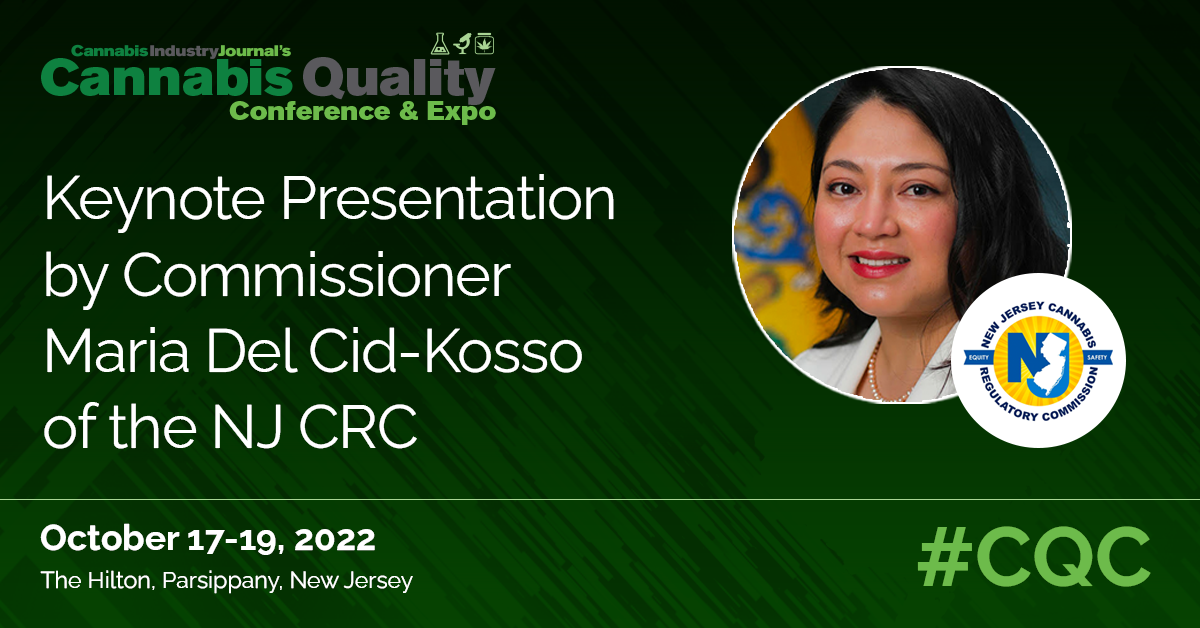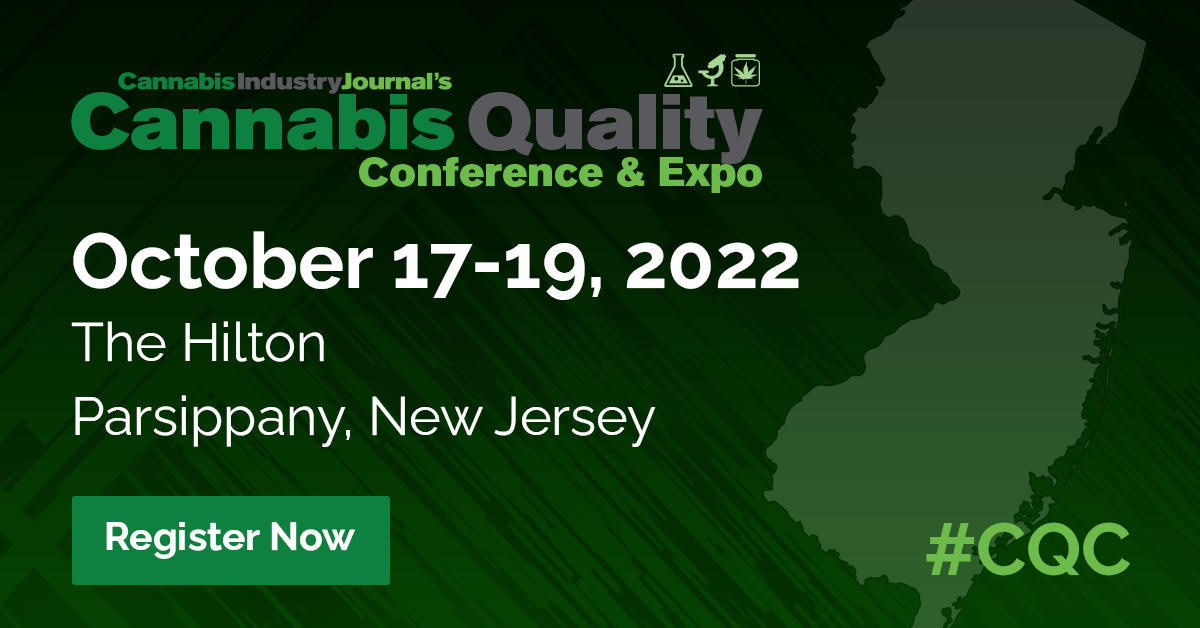The cannabis laboratory testing market has undergone a lot of changes in the past ten years. With those growing pains so common in such a new industry, come plenty of challenges driven by market dynamics, new regulations and scientific advancements.
Julie Kowalski, a cannabis testing consultant at JA Kowalski Science Support, has seen these changes firsthand. For twelve years, she worked at Restek as a senior chemist, helping to provide expertise and develop analytical solutions for their cannabis testing partners. She also worked as chief scientific officer for Trace Analytics, a cannabis testing lab in Spokane, Washington. Between being an advisor, consultant, trainer and accreditation assessor, she wears many different hats in the space. We sat down with Kowalski to learn more about the evolution of the marketplace, the importance of product safety and some of the common challenges that labs face.
Greg Kozadjian: Tell us a little about yourself and how you came to be working as a consultant in the cannabis and hemp testing industry?

Julie Kowalski: I began working on gas chromatographs when I was about 20 years old, added liquid chromatography to my repertoire in my early 20’s, and have been in the lab nearly every day since then.
My consulting business launched in early 2020 after I received numerous requests from my network for help and advice regarding cannabis testing. I am passionate about helping people, talking science, and promoting growth and innovation in the cannabis industry.
Speaking with individuals and businesses who potentially received conflicting advice or felt somewhat overwhelmed by the complex and rapidly evolving cannabis industry, I realized I could help. So, I decided to utilize my experience and knowledge to promote trust and expertise within the cannabis industry and champion science over profit.
Kozadjian: Why do you think it’s crucial to test cannabis and hemp-based products in today’s market?
Kowalski: The way I look at it is that cannabis and hemp-based products are like any other product in that the consumer has the right to have some assurance that these products are safe, and that the labeling information is accurate.
Then, there are the increasing number of people seeking to use cannabis for medicinal reasons. Again, the industry should be able to assure them that the products they are using are safe to help them with their health issue.
Kozadjian: How has the market evolved over the last five years to meet the current testing regulations, and which of those regulations focus more on the safety of cannabis and hemp-based products?
Kowalski: In the past five years, more states have been coming online domestically. So, we are dealing with a regulatory environment where different states may have different regulations, a situation that will continue to exist for the foreseeable future. There have been efforts on the regulatory side, if not to coordinate efforts directly, to at least connect and communicate, and hopefully, out of those communications comes increased coordination.
I am hopeful that scientists, myself included, can do our part and provide additional data and information about testing that works, testing that doesn’t work, and that the regulators will consider and incorporate much of that information into changes in current and future regulations.
It is important to note that many state agencies were put in the position of creating a regulatory system that they were perhaps not familiar with, or accustomed to doing, particularly from the testing standpoint. There are no federal programs to model against, so programs are being developed from scratch and need to address all aspects of the market. It is a complicated task. It made sense to borrow from similar existing markets, but there is now the opportunity to use what we have learned to improve regulations.
For example, adopting certain criteria and practices from environmental, food, and agricultural testing was a great place to start. Now, we better understand some of the unique challenges associated with cannabis testing, it is time to set our fit-for-purpose best practices.
I hope that we, as an industry, can increasingly provide more data to help guide the regulators so that their goals are achieved and based on a growing body of data. I am optimistic that there will be much more interaction and coordination between regulators and scientists. This would greatly help with some of the struggles some cannabis labs are feeling in the current market.
Kozadjian: What are some of the challenges that testing labs face?
Kowalski: The cannabis and hemp-based products market is competitive with multiple sources of pressure. A definite challenge has been the gold rush mentality. Folks want to enter the cannabis business, and establishing a testing lab is attractive and perhaps perceived as more comfortable because it is not directly growing or producing a product.
There is a burden to set up a lab and open as quickly as possible because while the lab is being set up no money is being made. It can be stressful, and sometimes shortcuts are taken while developing technical programs. These shortcuts can ultimately cause disruption, stress, and risk. I saw this ten years ago, I saw this five years ago, and I am still seeing it now. I am still waiting for people to come into the industry with more realistic expectations of what it takes to establish functional technical programs and laboratories.“There are fundamental knowledge gaps that this market as a whole needs to address.”
Inadequate technical programs resulting from poorly vetted and insufficiently validated methods do not function well in the real world, changing regulations, as well as changing matrices, can result in chaos in the lab. A lab will fight fires daily if it does not plan for and build well-vetted, robust methods. Unfortunately, I have seen many new testing labs rush through development, and then when they open their doors for business, they realize their methods do not function properly.
Daily, they may be faced with deciding whether they should pass a sample batch because technically, it did not meet the criteria, but the client is waiting. Or labs constantly needing to retest may lose confidence in their ability. This is a high-stress situation, and quite a few labs are probably operating in this mode in the market right now. Substandard testing is becoming riskier as we see scrutiny, mainly due to test lab shopping increasing. I do want to make it clear and be fair to point out that the economics of cannabis testing is challenging. Pricing in most markets is too low to allow high-quality testing.
Kozadjian: How do you think this testing era will evolve in the next five years?
Kowalski: I think we will start to see more involvement and recognition of standards organizations like the AOAC, USP, ASTM. They have existed and have been working for at least a few years, and now are publishing methods, guidance documents, and providing education. That will be very helpful, and I invite testing labs to join in and participate in these efforts. Your voice is critical. We need more knowledge in the market, whether it is knowledgeable people entering the market, or people currently in the market who are willing to invest the time to learn analytical chemistry, for example. There are fundamental knowledge gaps that this market as a whole needs to address.

